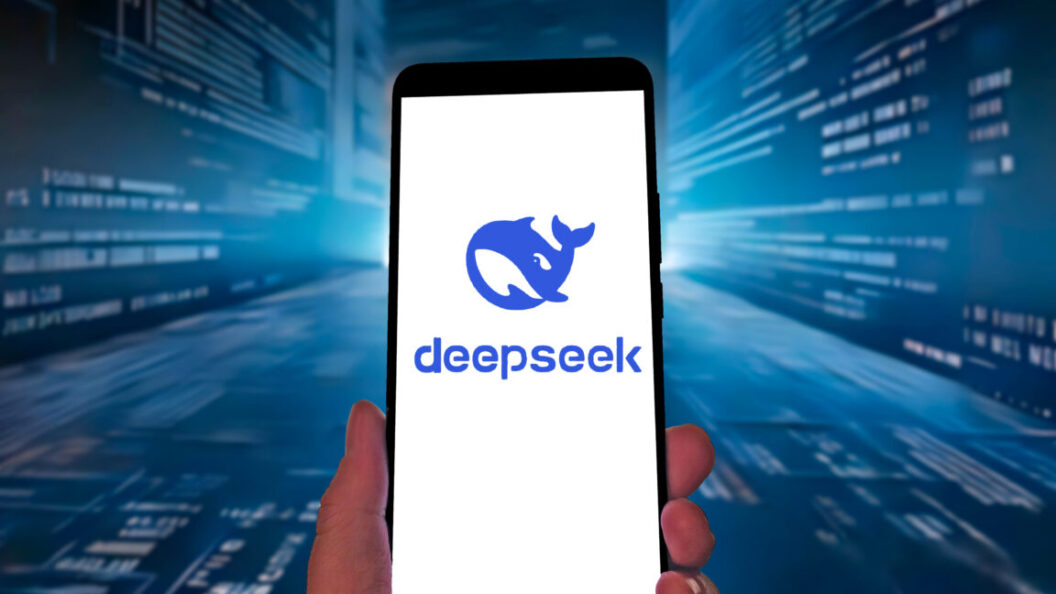Concerns Rise Over DeepSeek App Security Amid Legislative Actions
In recent developments, the DeepSeek app, a product by the Chinese company ByteDance, is drawing scrutiny from U.S. lawmakers due to potential security vulnerabilities and concerns about how it handles user data. Security experts have raised alarms about the app’s practices, indicating that it may pose a risk to sensitive information shared by government personnel and general users alike.
Security Vulnerabilities Highlighted
Thomas Reed, a staff product manager specializing in Mac endpoint detection and response at the security firm Huntress, voiced serious reservations over DeepSeek’s security implications. He pointed out that the app’s disabling of App Transport Security (ATS)—which ensures secure communications—allows it to transfer data through insecure protocols like HTTP. Reed remarked, “ATS being disabled is generally a bad idea,” emphasizing that this approach is unacceptable in today’s digital landscape. He added that the presence of a backdoor, potentially accessible by the Chinese government, further complicates the prospect of sharing sensitive data through the app.
Conversely, HD Moore, founder and CEO of the security firm runZero, expressed a different perspective. While acknowledging the potential data extraction risks by ByteDance, he highlighted the critical issue of unencrypted HTTP endpoints. Moore stated, “The unencrypted HTTP endpoints are inexcusable,” pointing out that these vulnerabilities could expose user data to anyone on the network, not solely the app developers and their partners. His comments signal a broader concern about data privacy and the safeguards—or lack thereof—around user information in mobile applications.
Legislative Response to National Security Concerns
In response to these security concerns, U.S. lawmakers have begun to call for an immediate ban on DeepSeek from all government-issued devices. The proposed legislation is fueled by fears that the Chinese Communist Party might leverage the app to create a backdoor for accessing sensitive personal and governmental data. If the ban is enacted, it could take effect within 60 days, emphasizing the urgency that U.S. officials are placing on these security matters.
This legislative move reflects a growing trend among U.S. officials to scrutinize foreign technology companies, particularly those with ties to China, amid increasing tensions over data privacy and national security. The ramifications of such a ban could extend beyond government devices, potentially influencing public sentiment and increasing calls for broader regulatory measures concerning Chinese technology operations in the U.S.
Implications and Ongoing Debate
As the debate over DeepSeek intensifies, it raises broader questions about data security in the digital age, particularly concerning foreign applications. The concerns expressed by Reed and Moore underscore a significant aspect of mobile app usage: the need for robust security protocols to protect user data from unauthorized access or exploitation. While the responsible handling of user information is paramount, the response from government entities exemplifies a significant pivot towards protective measures for both officials and citizens.
The discussions surrounding DeepSeek also highlight a growing reluctance among users to trust apps originating from companies linked to nations with different privacy standards and government oversight philosophies. The potential fallout from the ongoing scrutiny of DeepSeek could lead to increased regulation of foreign tech companies operating in the United States, as well as a push for stricter compliance measures regarding user data protection.
In conclusion, the unfolding situation with DeepSeek represents a critical intersection of national security, technology, and user privacy. As it develops, it may set important precedents for how mobile applications are evaluated and regulated in the future, particularly those with international ties that raise concerns over data security and user trust.









